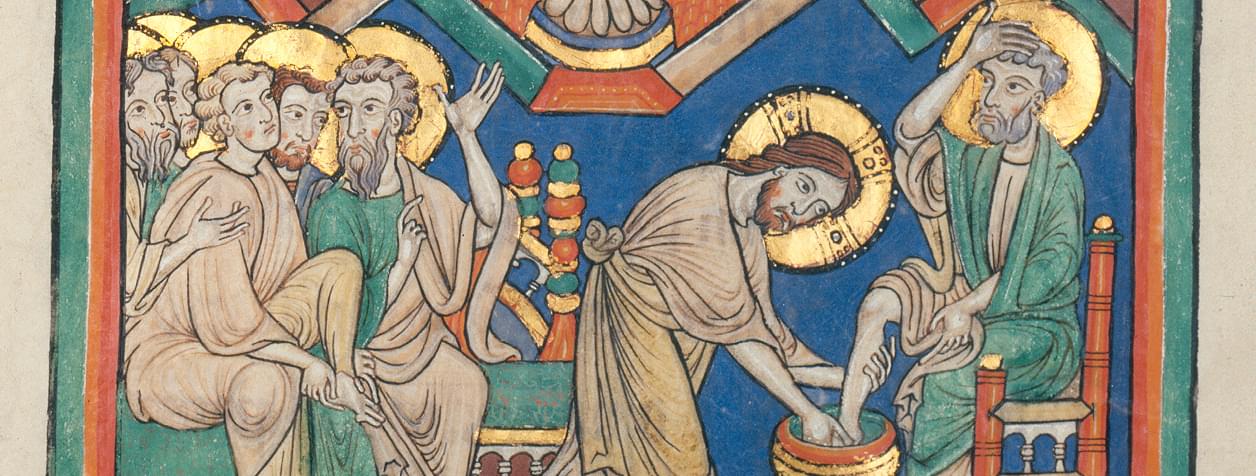In June 2020, Prime Minister Boris Johnson wrote to Danny Kruger MP, expressing a belief that the good will and work of volunteers and civil society organisations, highlighted in the Covid-19 pandemic, should be ‘maximised’ and directed towards supporting the NHS, other public services and the government’s ‘levelling up agenda’. He believed that communities would need ‘help’ with ‘recovery’, ‘beyond both statutory welfare and economic stimulus’, and asked Kruger to develop proposals within a month on eight broad topics, including on ‘the contribution of faith groups in strengthening social capital and community resilience’. Kruger’s report (September 2020) makes 20 principal, wide-ranging recommendations.
Kruger’s portrayals of ‘recovery’, a general ‘estrangement’ between faith-based social action and the public sector, omit the action of professional Catholic charities (and others) long operating in public services under contract. In this sense his proposal for a ‘new deal’ from above with ‘the Christian church’ need to be considered through the reality of lived experience and relationships. On 22 October 2020, Chief Executive of CSAN, Dr Phil McCarthy, wrote to Baroness Barran, Minister for Civil Society, commenting on two themes in the report and inviting a closer dialogue with Catholic charities.
Relationships between faith-based social action, professionals and policy makers
Mr Kruger paints a broad picture of ‘estrangement’ between a body of largely unprofessional faith-based social activists on one hand, and paid professionals and public officials on the other. I should like first to draw to your attention the work of the established Catholic charities in this country, including the forty-eight forming our Caritas network in England and Wales. Their staff and volunteers live alongside and serve people of all faiths and none, to address destitution in all forms, and build strong local communities. Many of these charities have also long delivered professional services to the public, under contract to statutory commissioners. The high quality of their work is recognised both by public inspection reports, including by CQC and Ofsted, and professional accreditation in their specialist fields of expertise. They already bring together voluntary, community and professional activities in safe and supported structures.
During the pandemic, these charities’ longstanding local and regional relationships have continued to catalyse creative and flexible responses to the public health emergency, including for people in housing difficulty, households facing unemployment, refugees, prisoners, victims of domestic abuse and people experiencing loneliness and isolation. Catholic-run care homes and social services, operating across the life course and serving the whole community, have adapted to evolving Government regulations, and maintained vital connections between people excluded from full participation in society and those dear to them, and extending access to dignified activities. We have in practice carried on delivering and evolving a ‘Christian offer’ (as Mr Kruger puts it) without fanfare and in positive collaboration with a wide range of public, private and voluntary bodies.
A ‘new’ deal with faith communities
Mr Kruger implies that ‘the Christian church in the UK’ is nationally organised to make ‘a grand offer of help on behalf of their communities’. But his comments on all charities (presumably including faith-based charities) appear to reflect a view that further Government engagement with charities should come with new conditions, and with new requirements on all charities for nationally standardised measurement and reporting.
The Catholic Church understands charitable activity as both part of her mission and a free self-gift founded in personal encounter. While subject to civil and canon law, and always guided by reason and scientific progress, Catholic institutions serve the full development of each person, and people of all faiths and none. The Church is not an agent of the state, but free to discern and organise its own charitable mission and activities, free from projections of shifting values, political targets and variable theories of change. Our charities are vibrant, independent, locally owned, and engaged in extensive international networks.
In our context we see no desire or rationale for national co-option or control of resources that would enable a ‘grand offer’, or for the Government to enter a single partnership with faith-based charities. Those of our members operating under public contract have found themselves working with more commissioners (including academy trusts) within ever tighter financial margins, expected to compete for a diminishing pool of more restrictive funds. Commissioners often expect innovation without investment and before making a purchase, on short-term contracts in which the charities carry most of the risk. It seems reasonable to infer that public policy towards a competitive marketplace has added to pressures on charities, community initiatives and fragmentation in the understanding of ‘what works.’
As the Catholic bishops’ agency for social action in England and Wales, CSAN is uniquely placed to facilitate dialogue with policy makers, from the lived experience of our communities and charities, operating both within and alongside public provision. We are always willing to discuss the terms of the real ‘deals’ that policy makers and commissioners set, and their impact on the individuals we serve and on the social fabric.






